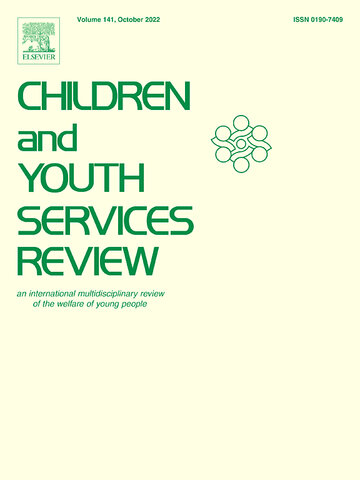The purpose of this qualitative study is to explore the experience of birth children of foster parents. The study examines the retrospective narratives of 14 Israeli adults, ages 18–38, whose families fostered a child for at least one year in the context of the Israeli foster care system. In-depth interviews were conducted and analyzed according to the grounded theory method. A central theme is the sense of invisibility that begins with the lack of involvement of the children of the foster parents in the decision to become a foster family and continues with the parents' and the social workers' intense attention to the myriad needs of the foster child, and ultimately may lead to the emotional distancing of the biological child and the foster child.
In the discussion, the results are viewed through current approaches to foster care services as well as through Winnicott’s theory of the parent–child relationship to explain the lack of validation of the experience of the birth children of the foster parents, rendering them invisible. Possible interventions for helping foster parents and professionals view and treat the birth children of foster parents not only as objects in relation to the foster child, but as subjects in their own right, are presented.

